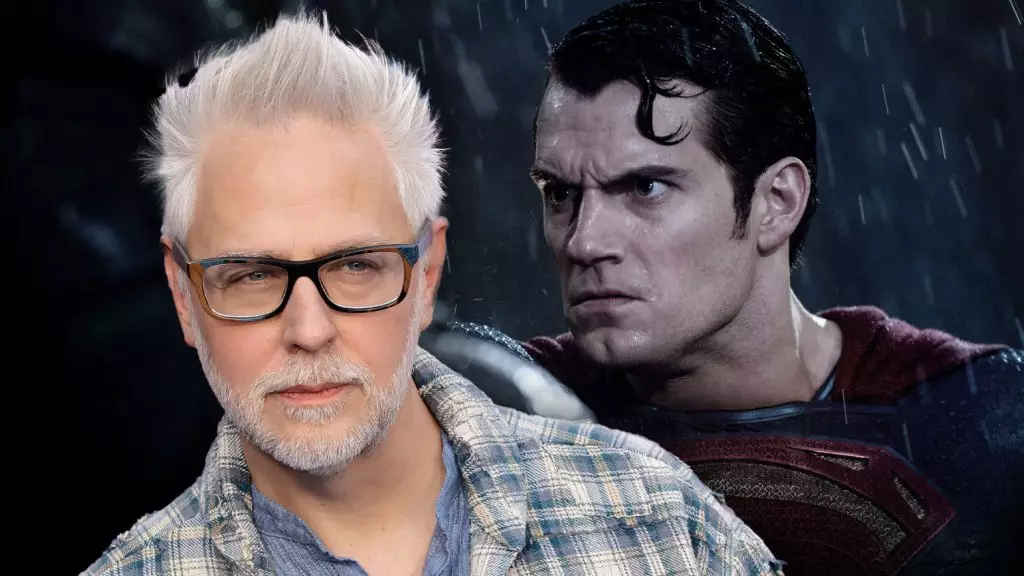Hollywood’s approach to reboots and franchise reinventions often presents as a whirlwind of inconsistency disguised as creative evolution. The recent shift in DC’s Superman portrayal underscores a harsh truth: even the most iconic and beloved characters are victims of corporate politics and fleeting creative visions. Henry Cavill’s departure, despite his undeniable popularity, exemplifies how fickle the film industry can be, prioritizing strategic reinventions over genuine storytelling continuity. This instability doesn’t just undermine the character’s legacy but also erodes the trust of fans who invest emotionally in these narratives.
The Contradiction of Patronizing Respect and Business Snakes
James Gunn’s claims of treating Cavill with “respect” ring hollow when contrasted with the reality of sudden character and actor replacements. Behind the scenes, it becomes painfully clear that such “respect” often masks a ruthless business imperative: franchise longevity and franchise control. While Gunn portrays Cavill as an “absolute gentleman,” the quick dismissal suggests a failure to genuinely value talent beyond their utility. The carefully spun narrative of an “unfair” decision is more of a calculated public relations move than a heartfelt apology. It reveals how Hollywood’s veneer of kindness often shrouds a culture of replaceability and disloyalty that can devastate careers overnight.
Reinvention or Reckless Disregard?
Introducing a new actor like David Corenswet might seem a fresh start, but it highlights Hollywood’s obsession with perpetual reinvention—regardless of fan attachment or storytelling coherence. This transient approach fosters a Hollywood environment where characters become commodities rather than continuing legacies. The decision to replace Cavill, despite prior indications of a planned trajectory, suggests that corporate interests are often prioritized over narrative integrity. Such actions demonstrate a lack of respect for the audience’s emotional investment, but more alarmingly, they reflect an industry driven by short-term profits over meaningful cultural storytelling.
Political Implications of Hollywood’s Recurrent Character Overhaul
From a center-leaning liberal standpoint, one can critique this pattern as emblematic of broader societal issues—namely, an erosion of commitments and a preference for superficial change. Hollywood’s constant reshuffling signals a rejection of stability and loyalty, crucial values for fostering a healthy, trusting cultural environment. This relentless quest for novelty often neglects the importance of building on existing legacies or honoring the audiences that have invested their loyalty and sentiment into these stories. Yes, reinventions can be invigorating, but they shouldn’t squander the cultural capital accumulated over years of storytelling.
In the end, Hollywood’s handling of Superman’s character underscores a deeper symptom of a corporate-driven entertainment machine: prioritizing spectacle and marketability over the genuine and enduring cultural significance of its icons. The revolving door of actors and rebooted narratives reflects a desperate attempt to chase instant trends, rather than fostering authentic, long-term storytelling that respects both characters and audiences alike. This approach risks diluting the very legacy that once made these characters larger than life.

